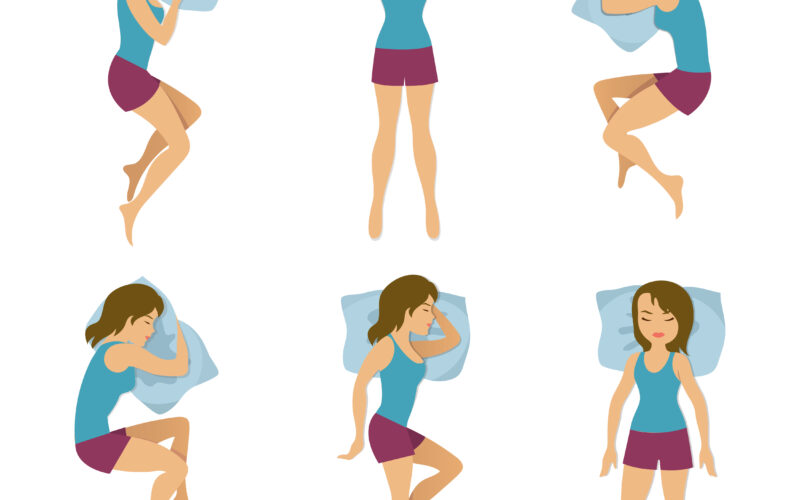Getting a good night’s sleep is essential for overall health and well-being. However, many people struggle with discomfort and pain due to poor sleeping posture, often exacerbated by the wrong pillow. Choosing the right pillow correct sleeping posture can make a significant difference in achieving the correct sleeping posture, which not only promotes better sleep but also supports therapies like compression therapy. This article will explore the importance of selecting the right pillow for correct sleeping posture and how it can complement compression therapy.
Understanding the Connection Between Pillows and Sleeping Posture
A good pillow is more than just a cushion for your head; it plays a crucial role in maintaining the natural alignment of your spine while you sleep. The right pillow helps keep your neck, shoulders, and spine in a neutral position, preventing strain and discomfort. When your body is properly aligned, it reduces the risk of developing pain in your neck, back, and shoulders, contributing to better sleep quality.
Poor sleeping posture can lead to a host of issues, including disrupted sleep, muscle tension, and even long-term spinal problems. For individuals undergoing compression therapy, maintaining the correct sleeping posture becomes even more critical. Compression therapy, which involves applying pressure to certain body parts to improve circulation and reduce swelling, requires proper alignment to be effective. The right pillow can support this therapy by ensuring that the body remains in an optimal position throughout the night.
How to Choose the Right Pillow for Correct Sleeping Posture
Selecting the right pillow depends on several factors, including your preferred sleeping position, the firmness of the pillow, and the materials used.
- Sleeping Position: Your sleeping position plays a significant role in determining the type of pillow you need.
- Back Sleepers: A medium-firm pillow that supports the natural curve of your neck is ideal.
- Side Sleepers: A firmer pillow that fills the space between your neck and shoulders is recommended.
- Stomach Sleepers: A soft, thin pillow helps prevent neck strain.
- Pillow Firmness: The firmness of your pillow should complement your sleeping position. Too soft or too firm pillows can disrupt the alignment of your spine, leading to discomfort.
- Materials: Pillows made of memory foam, latex, or other supportive materials are often recommended for those seeking better alignment. These materials conform to the shape of your head and neck, providing personalized support.
Supporting Compression Therapy with the Right Pillow
For individuals who use compression therapy, the right pillow can enhance the effectiveness of the treatment. Proper spinal alignment is crucial for maximizing the benefits of compression therapy, as it ensures that pressure is evenly distributed and circulation is optimized. The right pillow helps maintain this alignment, making it an essential component of a holistic approach to health and wellness.
Conclusion
Choosing the right pillow is not just about comfort—it’s about supporting your overall health. A pillow that promotes correct sleeping posture can prevent discomfort and support therapies like compression therapy. By considering factors such as sleeping position, pillow firmness, and materials, you can find the ideal pillow that enhances your sleep quality and contributes to your overall well-being. Prioritizing the right pillow is a small but significant step toward a healthier and more restful sleep experience.





